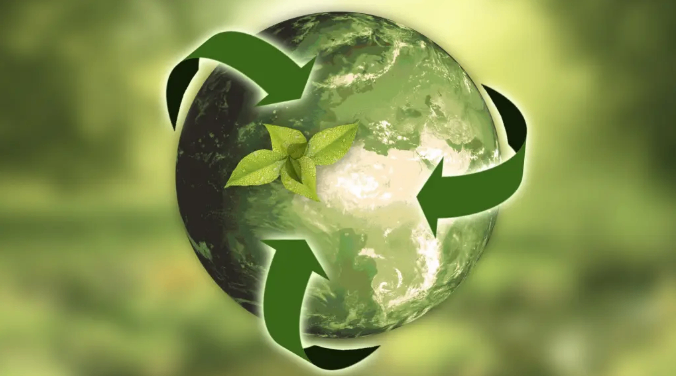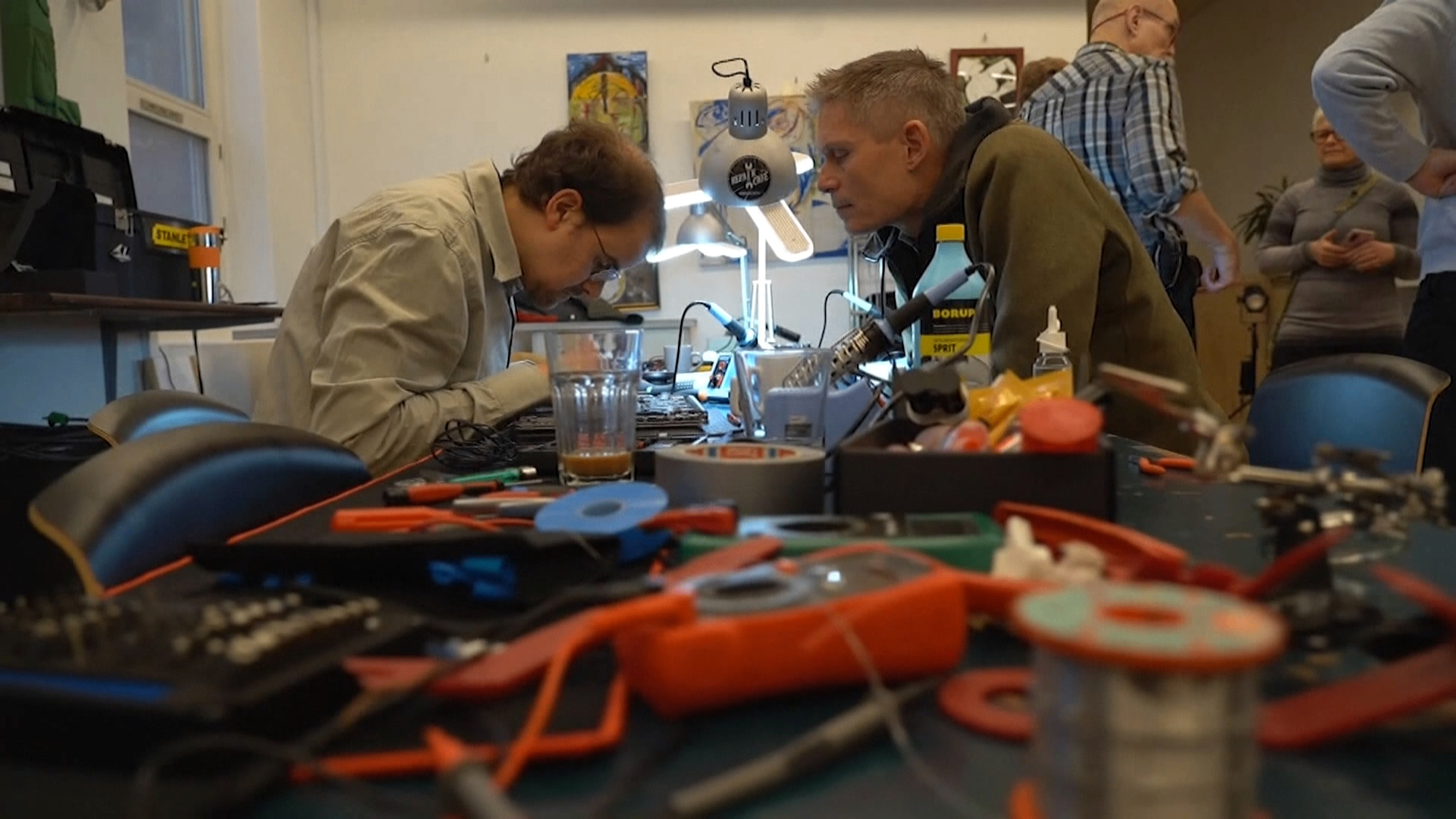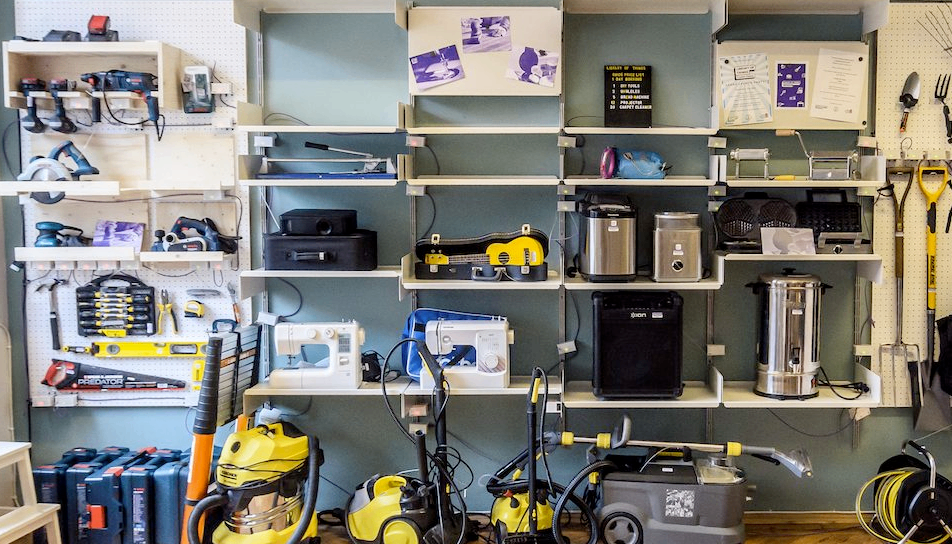Thailand introduces circular economy concept, encourages private sector involvement in sustainable practices
In response to evolving technologies and rapidly changing consumer needs, Thailand introduced the concept of "circular economy" and encouraged the private sector to engage in sustainable practices.。
It is reported that the Thai government is currently encouraging the private sector to adopt a circular economy model in business operations to reduce costs, improve efficiency, and generate revenue through innovative business models.。
Poonpong Naiyanapakorn, director of the Trade Policy and Strategy Office of the Ministry of Commerce of Thailand, said that the concept of circular economy was introduced to respond to evolving technologies and rapidly changing consumer needs, thereby controlling their economic, social and environmental impacts.。

It is understood that the circular economy advocates the establishment of an economic system - the production or consumption of surplus resources, materials and products to reintegrate, so as to obtain new benefits。The implementation of the circular economy model helps to improve the efficiency of resource utilization in the production and consumption processes of the industrial and agricultural sectors, thereby reducing the impact on the environment。
"This approach can minimize waste, promote the sustainable use of resources, contribute to environmental protection and energy efficiency," Poonpong said.。
In addition, the circular economy model can enhance competitiveness by reducing production costs and improving the efficiency of resource utilization in the production of goods and services.。By fostering new business models that create significant employment opportunities, raise income levels, and stimulate sustainable economic growth and business development。
Statista's market data shows that the global circular economy is worth $339 billion in 2022 and is expected to double to $713 billion by 2026.。Poonpong believes that this growth trend reflects market and consumer preferences for products and services that are consistent with the circular economy model.。

According to the Ellen MacArthur Foundation, there are many reasons for companies to adopt a circular economy model: profit-making, sustainability, increased supply chain flexibility and responsiveness to new customer needs.。
"The circular economy model provides an opportunity to develop new and potentially prosperous businesses in the future, such as those that focus on resource sharing, leasing rather than sales, maintenance services and reverse logistics," Mr. Poonpong said.。
The success of the circular economy also has many international cases, one of which is the "Repair Café"。Originating in the Netherlands, it has become a model for more than 2,000 outlets worldwide.。Repair Café provides a meeting place for those who like to repair items, bring damaged items, get what they need, and provide them with food and drinks。
Another interesting concept is the "Library of Things" from the UK, which is a platform that allows people to connect with each other, borrow, rent or exchange various items, and people can connect with each other within the community, exchange various items, and recycle resources.。
Too Good To Go is a Danish startup that has expanded its network to 17 countries, including the UK, France, Spain, Canada and the US.。The company has developed an application that acts as a middleman to allow restaurants to sell excess food or ingredients at a discounted price every day, saving them operating costs and making use of resources that are about to be abandoned.。

The Ministry of Commerce of Thailand is said to recognize the importance of the circular economy model for the current market environment and to promote trade in such products through various activities (such as the 2023 Thailand "BCG +" Expo, etc.), aiming to expand the global market for circular products and green products.。Others, such as the "Design of Agricultural and Industrial Waste," focus on converting agricultural and industrial by-products into environmentally friendly and innovative products, thereby increasing their value.。
·Original
Disclaimer: The views in this article are from the original Creator and do not represent the views or position of Hawk Insight. The content of the article is for reference, communication and learning only, and does not constitute investment advice. If it involves copyright issues, please contact us for deletion.